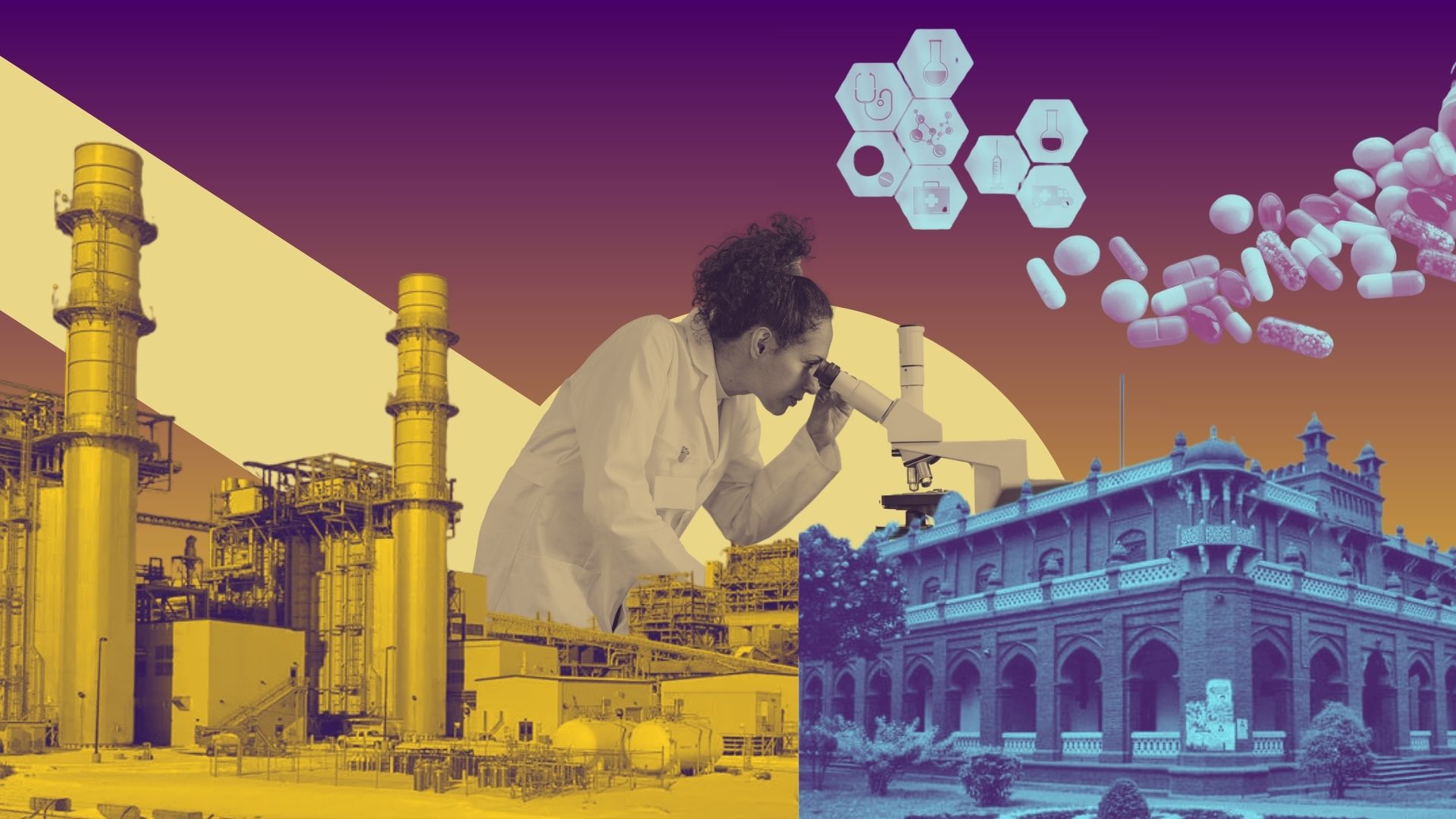Can BIDA unlock Bangladesh’s API potential?

The National Drug Policy, 1982 marked a revolutionary shift in Bangladesh's pharmaceutical industry. Following its adoption, domestic production surged, local companies gained market dominance, and Bangladesh began making headway in medicine exports. Today, local pharmaceutical firms meet 98 percent of the country's total demand, with export earnings of $177.42 million recorded in the first ten months of FY2024-25.
Despite these achievements, one fundamental weakness persists: over 85 percent of the industry's key raw materials—or active pharmaceutical ingredients (APIs)—are imported. As a result, a substantial portion of the sector's contribution to GDP is effectively drained abroad. Moreover, this heavy dependency undermines consistent quality assurance and poses a challenge to the prospects of long-term stability, especially in the post-LDC period.
Several local firms, including Beximco Pharmaceuticals, Square Pharmaceuticals, Active Fine Chemicals, ACI Ltd, Gonoshasthaya Basic Chemicals, Globe Pharmaceuticals, and Opsonin Pharmaceuticals, have initiated API production on a limited scale. However, their output is largely confined to basic ingredients such as paracetamol. Most APIs produced here are used internally, with only a few companies, such as Gonoshasthaya Basic Chemicals Ltd, supplying other firms on a small scale.
To address this challenge, the Ministry of Commerce introduced the National API and Laboratory Reagents Production and Export Policy in 2018. Its objective was to position Bangladesh as a competitive player in the global API market while reducing import dependency. The policy aimed to attract large-scale investment, expand domestic production of diverse API molecules, create employment, and strengthen export capacity. In 2017, the total number of locally produced API molecules and laboratory reagents stood at 41. The API policy aims at helping reduce raw material manufacturing costs significantly, and produce 370 key API molecules for exports. It also aims to reduce API import dependency to 80 percent by 2032.
To achieve these goals, the government offered a range of incentives: unconditional tax exemptions in the initial years; additional tax benefits for producing specific APIs; VAT exemptions on locally produced APIs, reagents, and raw materials until 2032; cash incentives for at least 20 percent value addition; concessional long-term loans; and the right to retain a significant portion of export earnings. A key initiative was the establishment of a specialised API Park in Munshiganj's Gazaria, envisioned as a fully functional industrial hub for API production.
However, progress has fallen short of expectations. Despite 27 companies receiving land allocations, only two have established factories and commenced production, while two others have partially constructed facilities without operationalisation. Major bottlenecks include a lack of gas connections, unavailability of intermediates, and a shortage of skilled manpower.
Addressing these challenges requires a comprehensive understanding of the API ecosystem, which comprises: (i) supply of essential raw materials or intermediates for API production; (ii) skilled manpower; (iii) uninterrupted supply of gas and electricity; (iv) an investment-friendly environment; and (v) market expansion opportunities. Currently, most key starting materials (KSMs) and fine chemicals are imported from China and India. Complex organic compounds, costly metal catalysts like palladium, platinum, and ruthenium, and specialised enzymes are also import-dependent. While Bangladesh has a basic workforce, there is a severe shortage of high-tech, specialised, globally competitive expertise. Energy insecurity and limited access to concessional long-term loans further constrain growth. Additionally, the domestic API market is relatively small, and competing internationally against established players such as China and India remains difficult.
While the government can relatively quickly ensure a stable energy supply and facilitate concessional long-term loans, a sustainable development of intermediates and skilled manpower requires long-term strategic planning.
The first critical step is to ensure a reliable supply of raw materials and develop a strong backward linkage system for API production. Building a self-sufficient, dependable, and sustainable supply chain—from raw material production to API manufacturing—would reduce costs and establish the foundation for global competitiveness. Second, long-term industry-academia collaboration must be institutionalised to accelerate R&D, technological innovation, and workforce training. Third, the involvement of international experts and effective technology transfer can modernise the industry, improve efficiency, and ensure compliance with global quality standards.
These elements need to be integrated into a robust business model, which can then be strategically presented to countries such as China, the global leader in API production. Chinese firms may not naturally be inclined to invest in API production in Bangladesh, given the country's current dependency on API imports from China. However, demonstrating that such investments can serve both local demand and strategic re-export opportunities—for instance, easier access to the US market due to lower tariffs on Bangladeshi products—can make the proposition attractive. Additionally, Chinese firms could transfer technical expertise to Bangladesh, improving processes, reducing costs, and enhancing quality standards.
The outcome would be mutually beneficial: Chinese firms would gain cost savings, market access, and supply chain integration, while Bangladesh would develop a self-sufficient, globally competitive API industry. Ensuring API quality would become easier, ultimately raising the overall standard of medicines in the country.
If the government extends tariff concessions, tax incentives, and technology transfer support to investors, many initial obstacles can be overcome. A well-designed proposal would attract foreign investment, establish long-term strategic partnerships, and position Bangladesh not only to meet domestic API demand but also to secure a place in the global API value chain with sustainable export potential.
The Bangladesh Investment Development Authority (BIDA) must engage with domestic API producers to design a viable business model and take proactive steps to attract investment in this critical sector.
Dr Syed Abdul Hamid is professor of health economics at Dhaka University, convener of Alliance for Health Reforms Bangladesh and Network for Healthcare Excellence, and chief adviser of Universal Research Care Ltd.
Views expressed in this article are the author's own.
Follow The Daily Star Opinion on Facebook for the latest opinions, commentaries, and analyses by experts and professionals. To contribute your article or letter to The Daily Star Opinion, see our guidelines for submission.




 For all latest news, follow The Daily Star's Google News channel.
For all latest news, follow The Daily Star's Google News channel. 

Comments